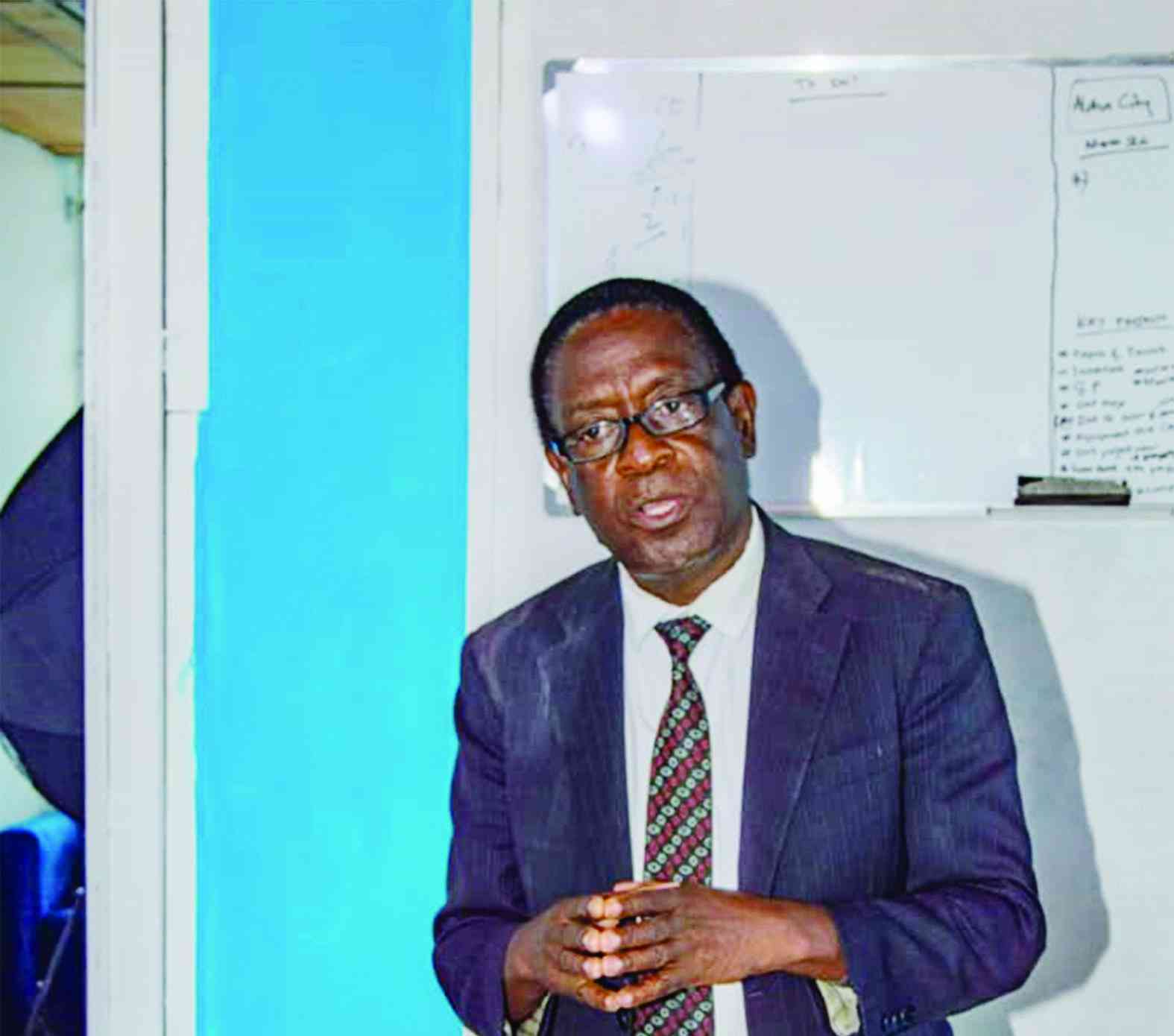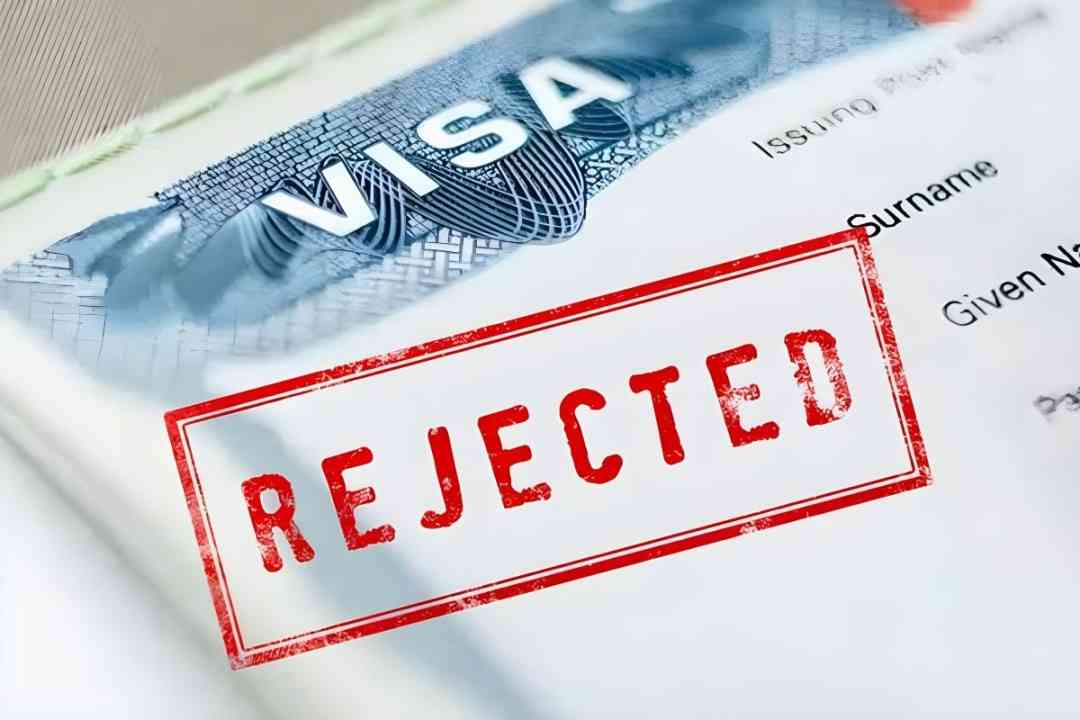
DO you find it terrifying to visit the dentist or more accurately, how often do you muster the courage to do so?
Let me assure you, you are not the only one.
Dental anxiety is the term used to describe this particular issue.
The typical psychological reaction to a dental stimulus that has been perceived as hazardous or dangerous to the person is known as dental anxiety.
This may manifest as a form of anxiety related to scheduled dental visits or particular dental operations.
You might wonder if this dental anxiety is a real phenomenon and how common is it. Most likely more than you anticipated.
If I told you that over 30% of adults globally suffer from dental anxiety, would you believe it?
The severity of this fear varies from person to person and can be caused by several circumstances.
- Pakistan likely to dissolve CPEC Authority
- Govt brings back face masks
- Michael Bolton recovering after brain tumour surgery
- Mental Health: Authenticity…. a key to mental wellbeing
Keep Reading
While some individuals experience a crippling fear that keeps them from getting dental care at all, others experience minor anxiousness as a symptom of anxiety (known as dental phobia).
Here, I will unravel the causes of this problem and how it can be solved.
Why do people have dental anxiety?
- Due to past traumatic experiences: Fear of pain.
A sizeable portion of dental anxiety sufferers has had unpleasant encounters in the past.
Dental procedures in the past were quite intrusive, both in terms of the tools employed and the treatment plan.
For example, dentists employed the thread pulling technique to extract teeth, which involved firmly wrapping the tooth in thread and exerting pressure on the stick or sticks attached to the thread until the tooth became loose.
To aid in tooth extraction, a mediator (a stone, metal or wood object) was placed on the tooth’s surface on one end and pounded with a striker on the other end.
It is likely still frightening and unnerving for our older generation to consider going to the dentist.
The good news is that technology has evolved.
Research has also demonstrated that victims of sexual abuse exhibit symptoms of dental anxiety, which might be attributed to the recurrent sense of powerlessness.
Because of its similarities to specific types of trauma and most importantly, the power imbalance, the dental environment is replete with memory triggers.
The body also retains its own memory of trauma.
These patients typically feel as though they are lying under a trusted authority looking down at them, invading their personal space, unable to move or speak, their jaw exhausted from being held open and their mouth full of instruments as well as another person’s fingers as they wonder what will happen next.
Worldwide, one in six males and one in three women have experienced sexual assault by the time they are 18.
This is a significant reason why people struggle, hence avoiding dentists and it’s concealed.
Dentists can often invoke memories without realising it.
Survivors stay secluded by their humiliation and remorse; they blame themselves for neglecting their mouths.
Many people have not paid a visit to the dentist in a long time due to childhood traumas.
It takes a considerable level of empathy for a doctor to be able to provide the best care and successfully treat patients with various backgrounds.
To guarantee top-notch care, it’s crucial to spend considerable time scouting for the finest facility and physician for yourself.
It is more like dating — you keep trying until you meet the right doctor.
- Fear of choking: During a dental cleaning or restorative operation like a filling, people may be afraid of choking or gagging.
They can worry that they won’t be able to swallow or breathe.
- Fear of needles: Injections for local anaesthesia are frequently used during dental treatments and needle phobia is a typical worry.
- People frequently avoid getting dental care because they are afraid of needles.
- However, there are currently less intrusive ways to inject aesthetics as well so one should not worry.
- Smells and sounds: Some patients may become uncomfortable due to the loudness produced by the dentist’s tools and equipment, as well as the smells that develop during some procedures.
- For instance, the noise produced by the drills and the odour of the chemicals used during dental surgery.
- Embarrassment and self-consciousness: Because dental procedures frequently include vulnerability and possible discomfort, some people may have feelings of embarrassment or self-consciousness regarding their oral health.
A contributory factor to anxiety may be this self-consciousness.
Some patients are afraid of what the dentist will discover inside their mouths and they do not want to hear that they will require any further dental work, like cavity fillings, for example.
How can it be resolved?
- Gradual exposure: Think about beginning with less invasive procedures and working your way up to more complicated ones if the fear is very severe.
- Over time, this may lessen anxiety and foster trust.
- You are not competing with anyone, so start small.
- You might try watching more videos online to train your brain if you know what the surgery will likely be like.
- The more exposure you get, the less anxiety you will experience.
- Relaxation techniques: Prior to and during dental appointments, engage in relaxation exercises like deep breathing or meditation.
- These techniques can ease your anxiety and make the situation easier to handle.
- Listen to music: While some dentists provide their patients music selections and even TV shows, you are welcome to bring your own headphones or earphones so you can enjoy your favourite tunes.
- This helps you to relax and muffle any annoying noises made throughout the operation.
- You can also divert your attention from worrying thoughts by concentrating on an engaging audiobook.
- Ask for support: Bringing a friend or relative along to the appointment can provide consolation and emotional support.
- Anxiety can be considerably decreased just by knowing that you have someone you can trust by your side.
- Make a break plan: Communicating your level of comfort to the dentist throughout longer operations is made easier by agreeing on a signal for breaks.
- It gives you a sense of control and trust to know that you may stop the process if you feel overburdened.
- In the event that none of these methods are adequate to control your degree of dental anxiety, the dentist can suggest the use of certain sedatives, such as:
- Nitrogen gas (laughing gas): Often called “laughing gas”, nitrous oxide is a widely used and harmless sedative.
- It produces a calming and euphoric effect and is delivered by covering your nose with a mask.
- Because nitrous oxide is fast-acting and wears off rapidly, you may get back to your regular activities without feeling sleepy for long.
- Sedation via oral: A prescription oral medicine must be taken just before your consultation in order to achieve this type of sedation.
- It eases anxiousness and promotes relaxation.
- Even though you will be awake and alert, you might feel sleepy. For mild to severe anxiety, oral sedation is a great choice.
- Intravenous (IV) sedation: An even greater degree of relaxation is offered via intravenous sedation.
- It is frequently used for individuals who are extremely anxious or for more involved treatments.
- Even though you will still be conscious, you might not remember much of the process afterwards.
- General anaesthesia: May be required in certain situations, particularly for patients with severe phobias or for intricate dental procedures.
You won’t be aware of the surgery and will be totally unconscious during the procedure.
A good smile gives you confidence, self-worth and a lot of good opportunities.
The smile alone indicates our self-esteem, our physical health and our employability, so we should conquer our fears to be able to achieve this.
All of the above solutions and measures will be very effective if you try to see a therapist, talk to a friend and open up to your dentist so as to try and understand what the source of the fear is.
Patience Matambo is a final year BSc Dental Surgery student at the People’s Friendship University of Russia. She can be reached at patiencedental2024@gmail.com











